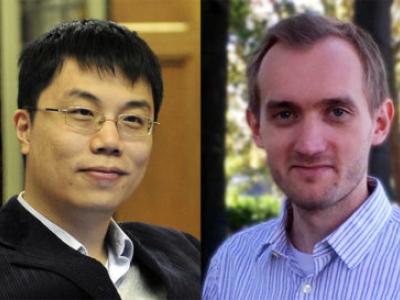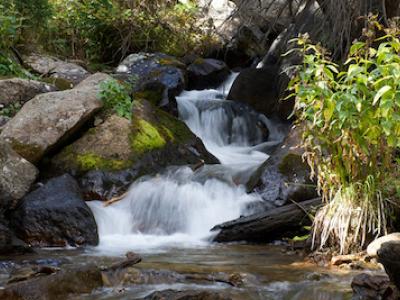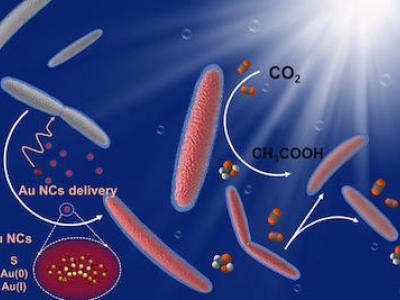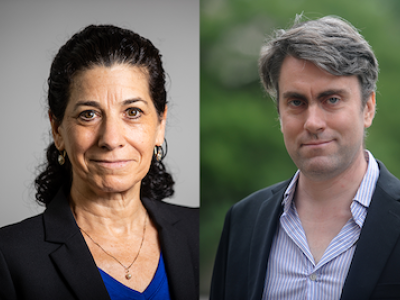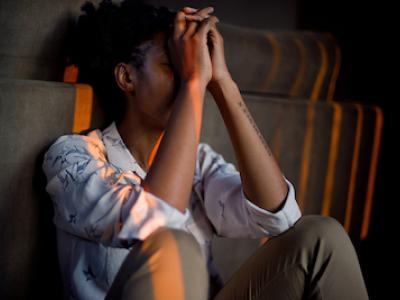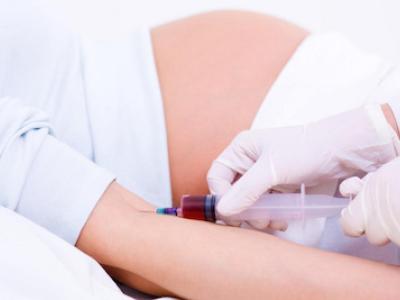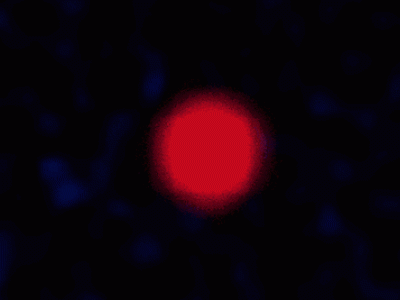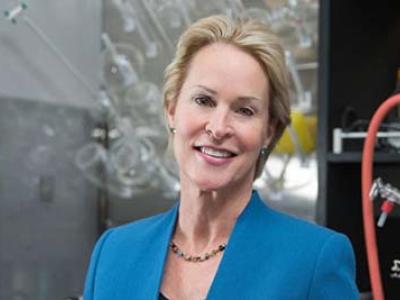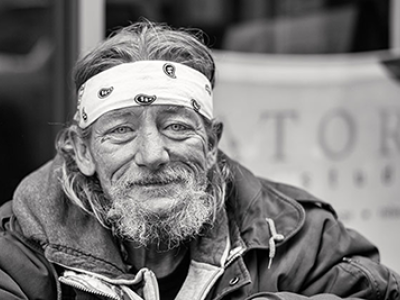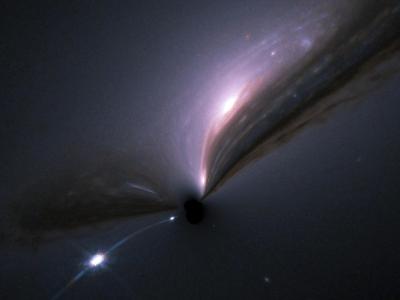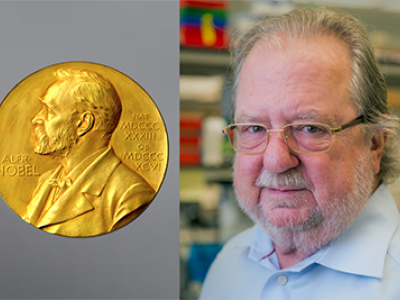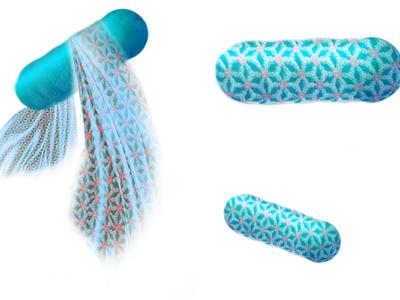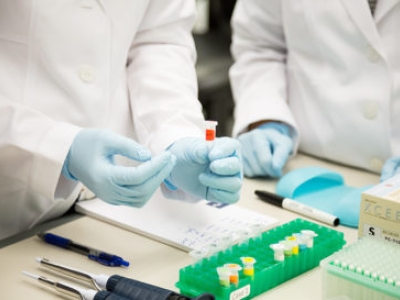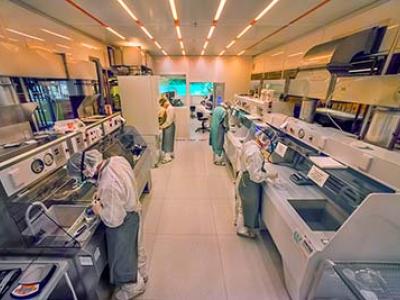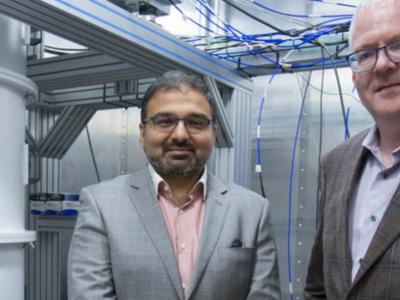Two young faculty members — assistant professors Ke Xu of chemistry and Denis Titov of molecular and cell biology — were among 89 recipients of “high-risk, high-reward” grants announced last week by the National Institutes of Health.
Research News
Learn more about UC Berkeley's researchers and innovators.
Showing 1761 - 1776 of 3514 Results
UC Berkeley partners with ShakeAlert, the United States Geological Survey Earthquake Early Warning System to run first test drill on BART trains.
The 1972 Clean Water Act has driven significant improvements in U.S. water quality, according to the first comprehensive study of water pollution over the past several decades, by researchers at UC Berkeley and Iowa State University.
When fed gold nanoclusters, the bacterium Moorella thermoacetica is transformed into a hybrid artificial photosynthesis system that converts sunlight and carbon dioxide into useful chemicals for solar fuels.
The MacArthur Foundation yesterday unveiled the 25 newest stars in its constellation of “genius” award winners, and two — computer scientist Deborah Estrin and mathematician Allan Sly — have roots at UC Berkeley.
Less-educated African American women who report experiencing high levels of racial discrimination may face greater risk of developing chronic diseases, says a new study by UC Berkeley researchers.
Analysis of the world’s largest set of genome data from pregnant women, totaling 141,431 expectant mothers from across China, has uncovered unsuspected associations between genes and birth outcomes, including the birth of twins and a woman’s age at first pregnancy.
Astronomers typically study objects that are visible night after night or explode suddenly, like supernovas, but Casey Law is scouring vast amounts of data in search of bright objects that disappear, never to be seen again.
When Frances Arnold first came to UC Berkeley as a graduate student in 1980, she was focused on biofuels — at that time a promising new technology and, for Arnold, a way to benefit humanity by weaning society off fossil fuels.
The first major study of California’s Business Improvement Districts shows that they are increasingly targeting homeless people and excluding them from public spaces.
For one brief shining moment after the 2015 detection of gravitational waves from colliding black holes, astronomers held out hope that the universe’s mysterious dark matter might consist of a plenitude of black holes sprinkled throughout the universe.
Immunologist James P. Allison today shared the 2018 Nobel Prize in Physiology or Medicine for groundbreaking work he conducted on cancer immunotherapy at UC Berkeley during his 20 years as director of the campus’s Cancer Research Laboratory.
Just as spacesuits help astronauts survive in inhospitable environments, newly developed “spacesuits” for bacteria allow them to survive in environments that would otherwise kill them.
The Chan Zuckerberg Biohub, a nonprofit medical research organization, announced that it is awarding $13.7 million over three years to support cutting-edge biomedical research from seven teams of scientists, physicians and engineers, with faculty members from UC Berkeley, UCSF and Stanford.
A new alliance between Lawrence Berkeley National Laboratory and UC Berkeley will seek to harness the power of quantum coherence, known popularly as “spooky action at a distance,” to develop a variety of exciting new technologies, from quantum computers to ultra-secure ways to transmit information.
The U.S. Department of Energy announced today that Lawrence Berkeley National Laboratory (Berkeley Lab) will receive $30 million over five years to build and operate an Advanced Quantum Testbed (AQT). Researchers will use the testbed to explore superconducting quantum processors and evaluate how these emerging quantum devices can be utilized to advance scientific research.

